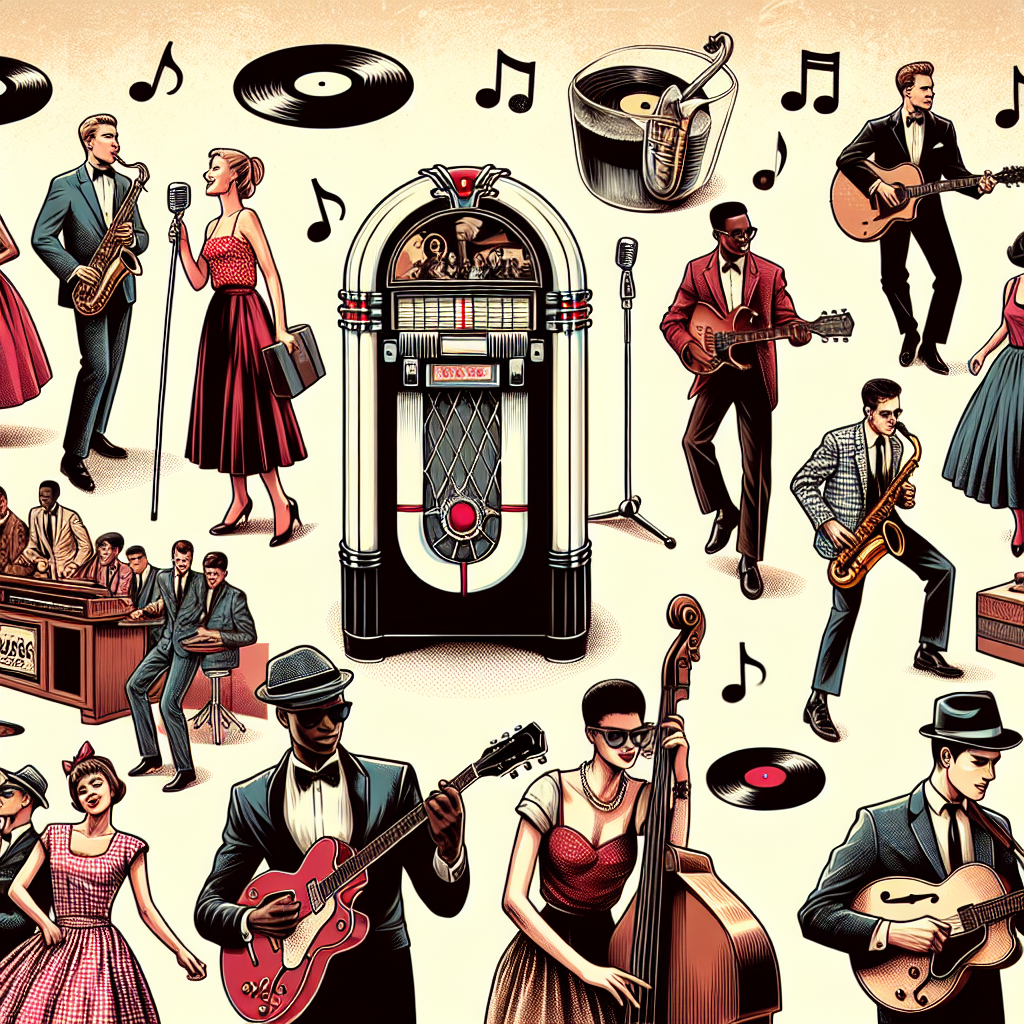When we think of the 1960s, many things come to mind – the civil rights movement, the space race, hippie culture, and of course, the music. One genre that dominated the airwaves during this time was Motown. Founded in Detroit in 1959 by Berry Gordy Jr., Motown Records quickly became a powerhouse in the music industry, producing hit after hit that would go on to influence pop music for decades to come.
One of the key reasons for Motown’s success was its ability to appeal to a wide audience. At a time when racial tensions were high and segregation was still prevalent in many parts of the country, Motown’s artists – who were predominantly African American – were able to break through barriers and connect with listeners of all backgrounds. Songs like “My Girl” by The Temptations and “Dancing in the Street” by Martha and the Vandellas became anthems of unity and love during a tumultuous time in American history.
Not only did Motown’s music transcend cultural boundaries, but it also had a significant impact on other aspects of popular culture. The fashion of the 1960s was heavily influenced by Motown artists like The Supremes, who were known for their glamorous gowns and elegant hairstyles. Politicians even took notice of Motown’s influence, with many using songs from the label’s roster as campaign anthems to appeal to younger voters.
But perhaps one of the most lasting legacies of Motown is its impact on technology. Berry Gordy Jr. was not only a talented musician but also a savvy businessman who understood the importance of innovation in an ever-changing industry. He invested heavily in state-of-the-art recording equipment and techniques that would revolutionize the way music was produced.
Today, we can see Motown’s influence everywhere in popular music. Artists like Beyoncé and Bruno Mars continue to draw inspiration from Motown’s soulful sound and catchy melodies. And while technology has evolved significantly since the 1960s, Motown’s commitment to quality production and timeless songwriting remains as relevant as ever.
In conclusion, it is clear that Motown had a profound impact on pop music in the 1960s and beyond. Its ability to bridge cultural divides and create music that resonated with people from all walks of life is truly remarkable. As we continue to explore the legacy of this iconic label, we can appreciate how its influence continues to shape our musical landscape today.


Get involved!
Comments